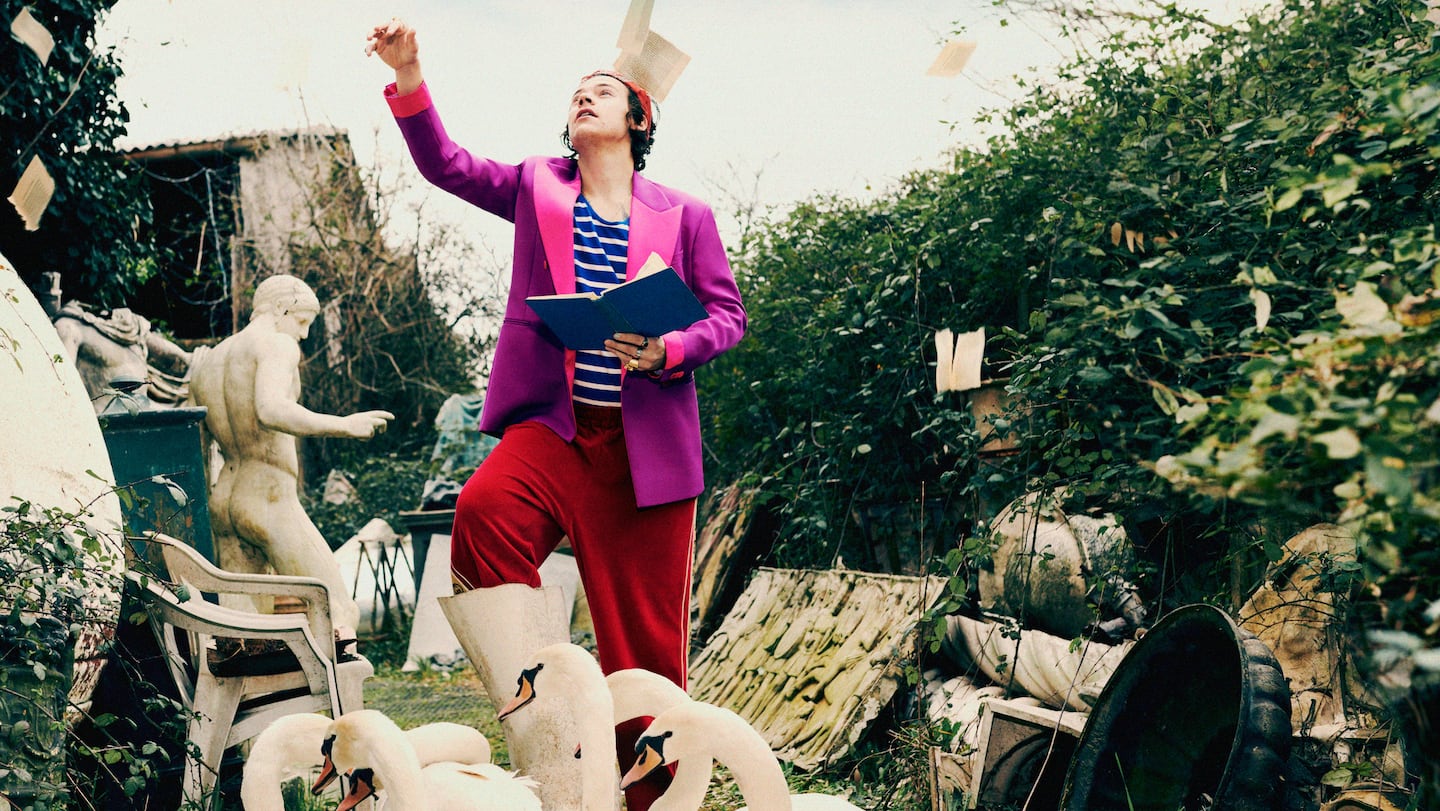
The Business of Fashion
Agenda-setting intelligence, analysis and advice for the global fashion community.

Agenda-setting intelligence, analysis and advice for the global fashion community.

LONDON, United Kingdom — Luxury giant Kering SA has gone further than most of its rivals in attempting to tackle the toll that brands like Gucci and Balenciaga take on the environment. But as the conglomerate's latest climate report shows, balancing growth and sustainability is a delicate art.
The company’s annual environmental profit & loss report (EP&L), which quantifies the French fashion conglomerate's impact on the environment in financial terms, showed a 12 percent increase in the value of its climate impact in 2018. Kering said many of its sustainability efforts were paying off. For instance, since it started to measure its footprint, it’s established standards to manage its supply chain, taken steps to shift to more renewable energy and is working to encourage more sustainable production of raw materials like cotton. But its brands are growing so quickly — revenue jumped nearly 30 percent last year — that it offset the underlying improvements.
The report highlighted a central tension for many brands: in an era of growing consciousness and concern about the strain mass consumption is placing on the planet and its resources, can brands be sustainable and maximise growth at the same time?
It's an issue Kering has recognised for longer than many in the industry. The company began measuring its impact seven years ago and has made significant progress in mapping its supply chain and reducing its environmental intensity.
ADVERTISEMENT
Through its EP&L, Kering measures how its supply chain performs against a number of climate factors, including air emissions, water pollution and land use. It then translates that into a value that reflects the environmental cost of its business. The company says its operations’ cost to the planet have come down once its growth is taken into account. They are down 14 percent as a proportion of revenue compared to 2015 levels (its goal is to hit 40 percent after growth is factored out by 2025). But in outright terms, that number is rising, reaching €514 million ($577 million) last year.
The numbers reflect a trade-off that the industry has yet to solve as it grapples with new technologies and business models that could improve its footprint. Fundamentally, selling more clothes, bags and shoes requires more resources. Kering acknowledged the challenge, but noted the importance of operating more sustainably.
"If the market begins to shift to brands that are really looking at their environmental footprint and trying to mitigate, overall it's a net win because you're moving from less sustainable options to more sustainable options," said Michael Beutler, director of sustainability operations at Kering. "Part of what we're doing is offering better choices."
The company's most successful brand, Gucci, is also becoming much more transparent about its part in the group's broader efforts. On Wednesday, it launched an interactive tool that provides open access to its environmental impact data, mirroring initiatives at the group level to provide more access to data.
Gucci’s overall EP&L value rose to €289 million in 2018, reflecting a near 80 percent increase since 2015. Nonetheless, the brand’s impact relative to growth has been coming down steadily, and declined 8 percent year-on-year.
To achieve its long-term goals, Kering has already made numerous changes. It's used its environmental accounting method to understand and better manage its supply chain and has implemented programs to increase its access to materials like sustainable cashmere and organic cotton.
It's also taken on a leadership role in driving more engagement around the subject within industry. French President Emmanuel Macron has called on Kering Chief Executive Francois-Henri Pinault to spearhead an industry coalition focused on setting climate goals ahead of the G7 meeting in Biarritz in August, while the company is also hoping to help other brands by providing access to its EP&L data and methodology.
"It's not something you just implement overnight," Beutler said. "One thing we can really help with is setting the trend in terms of a luxury brand taking sustainability seriously."
ADVERTISEMENT
Related Articles:
At Kering and LVMH, Corporate Branding Goes Beyond the Logo
[ What's Stopping the Fashion Industry From Agreeing on Climate ActionOpens in new window ]
[ In Search of a Business Case for SustainabilityOpens in new window ]
As they move to protect their intellectual property, big brands are coming into conflict with a growing class of up-and-coming designers working with refashioned designer gear.
The industry needs to ditch its reliance on fossil-fuel-based materials like polyester in order to meet climate targets, according to a new report from Textile Exchange.
Cotton linked to environmental and human rights abuses in Brazil is leaking into the supply chains of major fashion brands, a new investigation has found, prompting Zara-owner Inditex to send a scathing rebuke to the industry’s biggest sustainable cotton certifier.
Over the last few years, the run-up to Earth Day has become a marketing frenzy. But a crackdown on greenwashing may be changing the way brands approach their communications strategies.